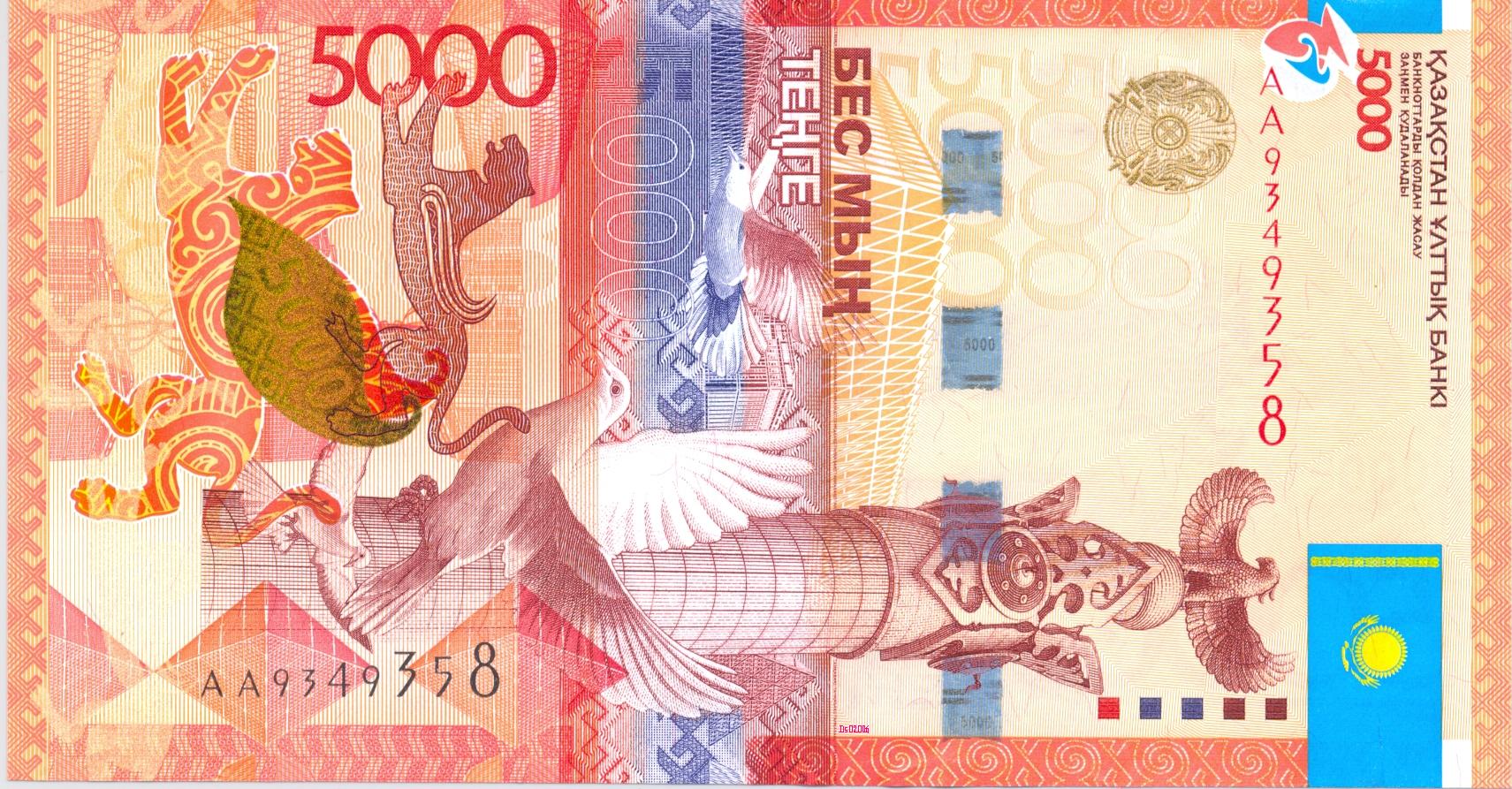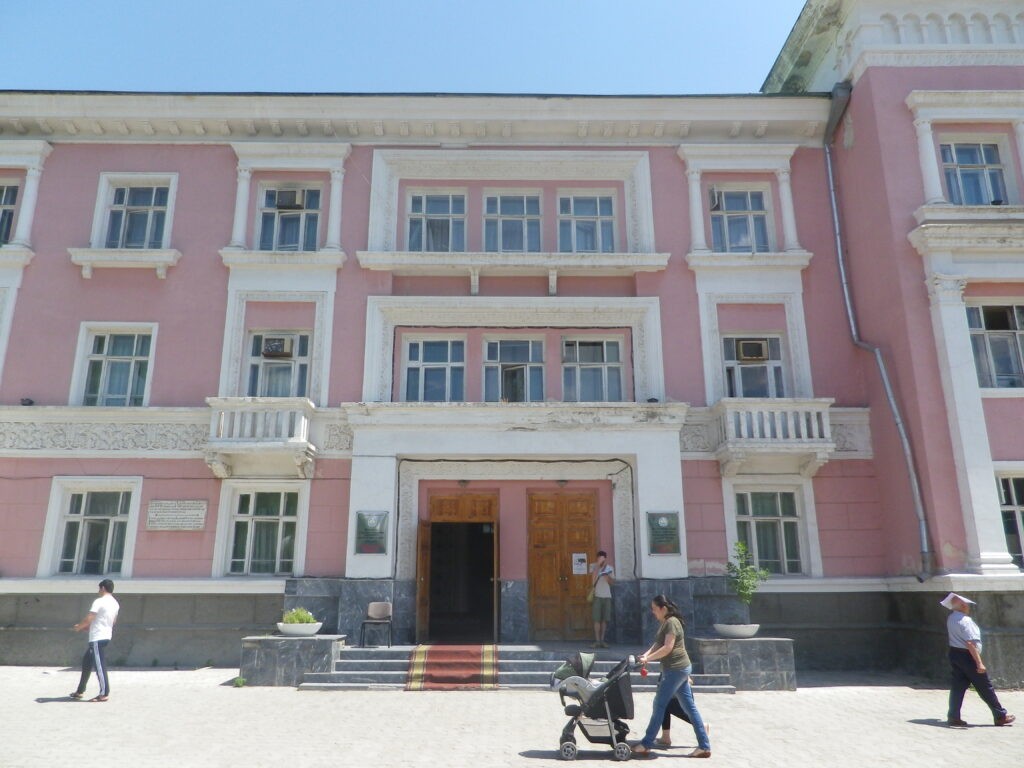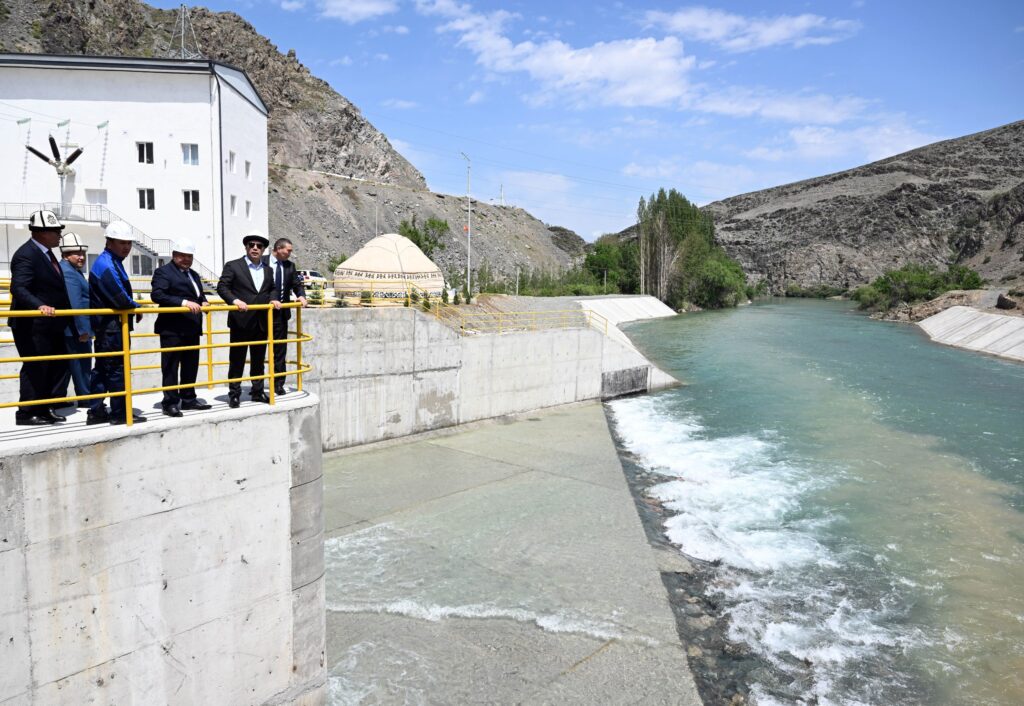A newly resurrected Law on Gambling Business is set to come into force in Kazakhstan. The law will see the introduction of a new private betting regulator that will be granted extensive government powers, and pocket 1.5% of all betting transactions. Its return bodes yet another bout of strategic networks in the Kazakh government, where powerful lobbying forces from private companies are increasingly finding a presence in the corridors of power.
The fast track of this new regulator is unusual. Despite protests from the betting industry, the bill passed the second reading. The regulator, formerly known as the Betting Accounting Centre (BAC) and now renamed the Unified Accounting System (UAS), passed the first reading in Parliament on June 3, and the second reading on June 5. Later on 28 June, the Senate approved the bill and it is now waiting to be signed into law.
Several consequences could follow once this new regulator is enforced. They include the new body performing as a gambling referee, and therefore possessing privileges in terms of resource allocation, production, and sales. At the same time, the regulator will determine market competition and pocket 1.5% of all profits. With such sweeping powers, there is no mention as to how the regulator will be monitored and controlled to ensure it acts transparently.
In January this year, the Kazakh parliament announced that it intended to reintroduce the new betting law in parliament, two years after a scandal involving a deputy minister accepting bribes from pro-regulator lobbyists forced the government to abandon its first attempt to pass the law. This year’s bill would be identical to the previous one, except for two changes: the term “Betting Account Centre” will be replaced by the more circumlocutious “Unified Accounting System”; and the regulator will perform the role of a fintech company controlling all financial transactions of the betting sector.
The introduction of the bill just over two years ago shocked the Kazakh betting industry. The introduction of a third-party regulator with government powers that could control and determine market players and obtain 1.5% of profits drew immediate comparisons to old Kazakhstan, a troubled history which president Tokayev insists the country is moving away from. After speaking up against the regulator in 2019, particularly on its powers to obtain shady profits and capacity for abuse, the owners of independent bookmaking company Olimp were arrested by the government as members of ‘organised crime syndicates.’
The conventional wisdom was that the parliament had learned from the debacle and would now be pursuing more subtle means of silencing the opposition to this bill. So, besides the polishing up of the regulator label, what has changed? And why might the Kazakh parliament think things will turn out differently for them this year?
For one, the Kazakh parliament has labelled this new law under the guise of a public health concern and to help the younger generation combat the rising problem of gambling addiction in Kazakhstan. This includes increasing the age of betting to 21 and banning all advertisements of betting and gambling across the internet and by mobile operators. While promising, these laws would not make a significant impact to the gambling addiction that the country appears to be faced with, but rather create another problem: the creation of a de facto market monopoly. The regulator, which was inserted into the law last minute, is the main purpose of this bill. The government will devolve far reaching powers to an unknown entity that will be “selected” to carry out the functions of this new regulator.
Aside from the political rhetoric around this new law, the majority of the industry believe that this bill represents private rather than public interests. A few weeks ago, a press conference was held in Kazakhstan by the Association of Fintech and Payment Companies, who spoke against the introduction of this new regulator. The commercial director of the payment organisation PayDala, Ilya Efimenko, commented: “I appeal to the senators, who need to know the true purpose of why the UAS has made a comeback in the bill.”
“This is a re-emergence of the ‘Betting Accounting Center’ (BAC), a strikingly similar entity that was withdrawn before”, he continued. And behind them, as the deputy from the Amanat party Elnur Beisenbayev said, are the powerful forces of “Old Kazakhstan.”









